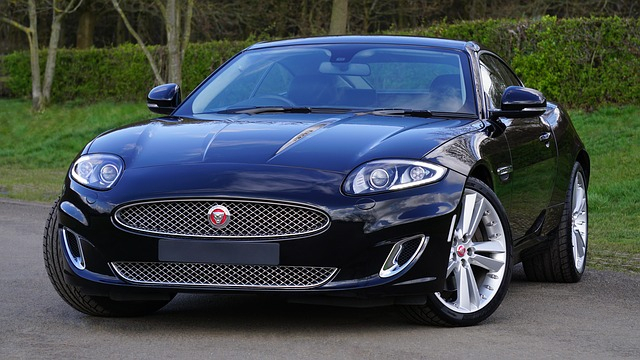
Britain's biggest car maker Jaguar Land Rover (JLR) is likely to make an announcement on Friday involving hundreds of millions of pounds for manufacturing electric vehicles in the U.K.
The carmaker of hot-selling Jaguar F –Pace luxury SUV will produce electric cars at the Castle Bromwich plant in Birmingham.
For making the necessary transition, the plant will have a six-week shutdown.
The new investment decision will also put a full stop to XJ luxury car in petrol- and diesel-versions reigning as the main product since 1968.
The U.K has emerged as a strong market for electric vehicles including American electric car maker Tesla whose UK deliveries for the second quarter for Tesla Model 3 costing £38,900 ($48, 950) after a £3,500 ($4,400) started in June.
Significance of the announcement
JLR's decision will also be a message to skeptics who were citing Brexit warnings of top UK manufacturers against making new investments in the UK. In fact, JLR was warned by many against the move as there is a looming threat of a no-deal Brexit.
Certainly, a no-deal Brexit would prop up new tariffs on components and parts when moving between the EU and the UK. JLR says it has no choice.
Jaguar insiders say their decisions are not influenced by political changes. Rather, the focus is on product cycles. JLR has assessed that its reliance on diesel vehicles for long adds to the compulsion for faster moves to join the new market trends.
Despite having assembly plants in many countries, JLR's top engineers and managers are based in the U.K.
Rumor mills were also active that JLR may be acquired by French car group PSA. According to some reports, JLR owned by India based Tata Motors has been a target of PSA that owns brands Peugeot, Citroen, and Vauxhall.
UK sales of electric vehicles down
Meanwhile, the British car industry slammed the government for undermining the sector by slashing subsidies to electric vehicles.
The anguish was expressed after sales of electrified vehicles fell in June, the first time in two years.
Sales of cars including battery electric vehicles and hybrids fell 11.8 percent in June against the same month last year, according to the Society of Motor Manufacturers and Traders (SMMT).
The SMMT blamed the falling sales to the down grade of government subsidies.
The subsidy of $3140 for plug-in hybrid vehicles was scrapped altogether, and the grant for pure electric vehicles was also slashed.
While battery electric vehicle sales soared by 61.7 percent year on year basis, sales of plug-in hybrids combining a combustion engine and an externally chargeable battery fell by half compared to last year.
Investment in the UK electric car industry down
There is also worry that the UK is not attracting the deserved volume of global investment in electric cars.
While Volkswagen committed £70bn ($88 bn) in Europe, the US, and China, investment in the UK car industry crashed 46.5 percent to touch £588.6m ($740m) in the 2018 year from £1.1bn ($1.25 bn) in 2017.
This article was first published in IBTimes US. Permission required for reproduction.








